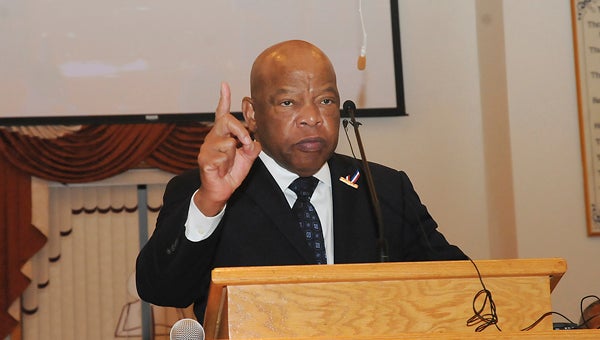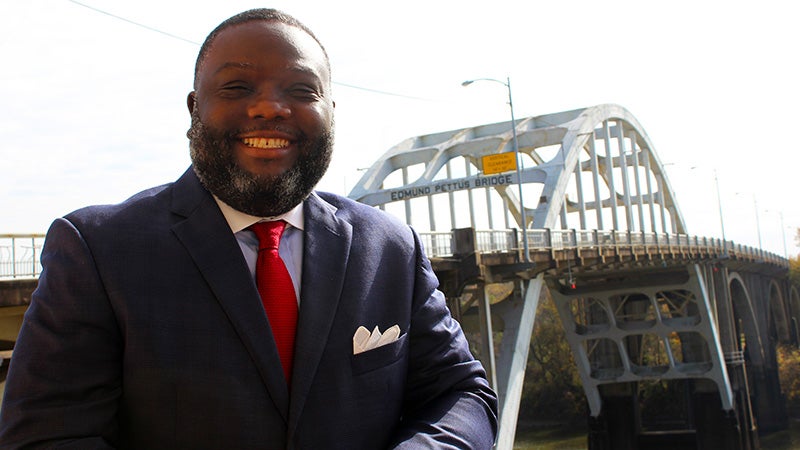City to reconsider speeding cameras
Published 10:14 pm Thursday, October 19, 2017
The Selma City Council may revisit installing speed cameras in the city.
The council discussed the issue at Thursday’s work session. Councilman Michael Johnson, who heads up the council’s public safety committee, said he would like to see cameras installed.
“I want to bring it back up because I wanted it in Ward 8. If no other council member wants it in their ward, I do want it,” Johnson said. “That would help us these guys going through our neighborhoods speeding.”
Susan Youngblood and Johnnie Leashore said they were in support of the cameras as well.
Police Chief Spencer Collier has said he supports the idea of speed cameras too.
Installing the speed cameras would require a local bill to be passed in Montgomery. A previous council vote to ask Rep. Prince Chestnut and Sen. Hank Sanders to sponsor that bill died 4-4.
Rick Willing, director of sales and account management for Redflex, addressed the council in September about how his company could address speeding in Selma.
During a 14-hour traffic survey in Selma, Redflex found 2,200 violations where drivers were clocked going more than 20 miles per hour over posted speed limits.
There were an additional 500 instances of drivers going more than 30 mph over posted speed limits during the same time frame.
Traffic was observed along Broad Street, Dallas Avenue, Citizens Parkway, Medical Center Parkway and other streets throughout the city.
Redflex offers three systems used to combat speeding — a fixed camera on a pole that would operate like the city’s red light cameras, an unmanned mobile unit that works from inside a vehicle and a hand-held camera that officers can use in the field.
How much drivers will be fined for violations was not discussed. Those ticketed by the city’s red light cameras are fined $60 for a first-offense.
The city and Redflex would divide the money collected from fees. Willing said that breakdown is negotiable, but his company would not receive more than 50 percent of revenue generated.



